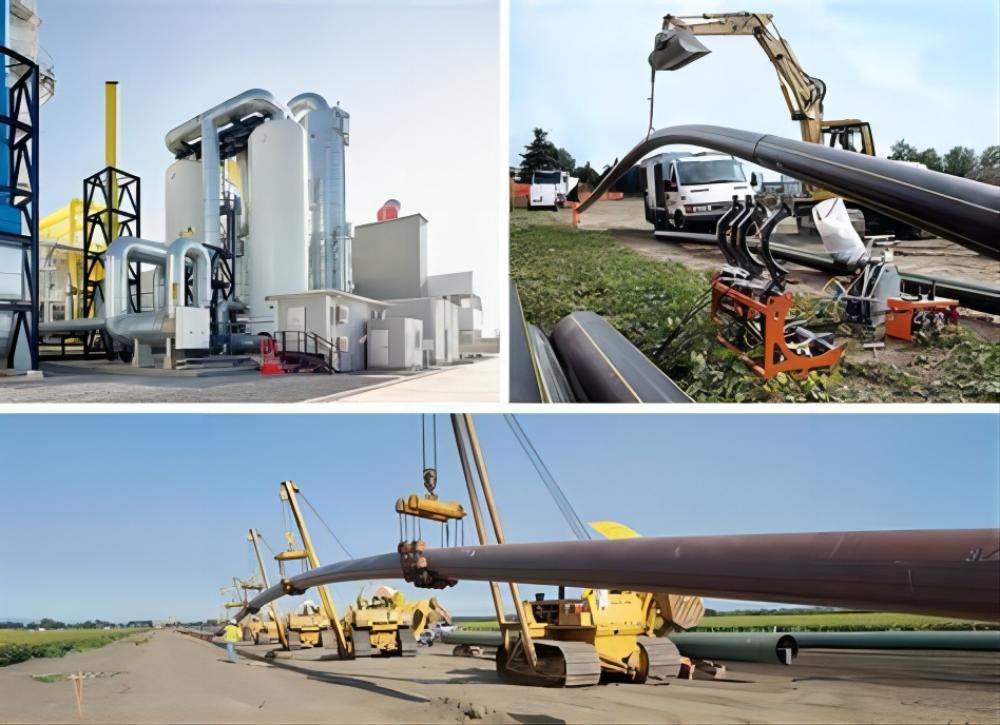News & Blogs
Buried polyethylene (PE) pipes for gaseous supply
Buried polyethylene (PE) pipes for gaseous supply
Polyethylene pipe systems have been used in the fields of artificial gas, natural gas, and liquefied petroleum gas (gaseous) abroad for half a century. In recent years, China has only started to use HDPE pipelines for gas transmission in 1980.
Compared with traditional metal pipelines, PE gas pipelines have many significant advantages, such as corrosion resistance, low temperature resistance, good toughness, rigidity and flexibility, convenient construction, long service life, easy recycling, etc. Buried polyethylene (PE) pipes for gaseous supply have the advantages of reliable quality, Safe operation, easy maintenance and economical. The two major problems of traditional pipeline corrosion and joint leakage have been successfully solved by the PE pipes. As an outdoor pipeline, it is laid in corrosive soils, earthquake areas, mountains and swamp areas; it has strong adaptability to uneven settlement of pipe foundations, with excellent seismic performance. The designed service life of polyethylene gas pipeline is more than 50 years.
The color of the pipe is divided into yellow and black. Yellow means medium pressure, and black tube body with yellow stripes means low pressure.
As an engineering pipeline, there should be two important indicators, long-term use performance and safety.
Desu use imported production lines, which have basically realized fully automatic control, capable of automatic feeding, automatic metering and feeding, automatic cutting and coiling. The product quality is more stable and the production efficiency is significantly improved. The national standard pressure of polyethylene (PE) pipes for gaseous is currently divided into two series, SDR11 and SDR17.6. The colors of the pipes are two kinds, one is a yellow pipe, and the other is a black pipe with yellow strips.
Once the quality problems occurs for polyethylene (PE) pipes for gaseous as a city’s energy transmission system, it will directly affect the normal life of residents. Furthermore, due to the combustibility and explosiveness of gas, if gas leaks, explosion accidents are extremely likely to occur. Polyethylene pipes replace steel pipes and cast iron pipes as urban gas transmission and distribution pipelines, and their safety is also required. To ensure that the product quality meets the standard requirements, it is necessary to have a complete testing method. And the quality control of the product runs through the entire production process from the inspection of raw materials into the factory, until the final product are delivered to clients.
Please contact us for further details and requirements.

